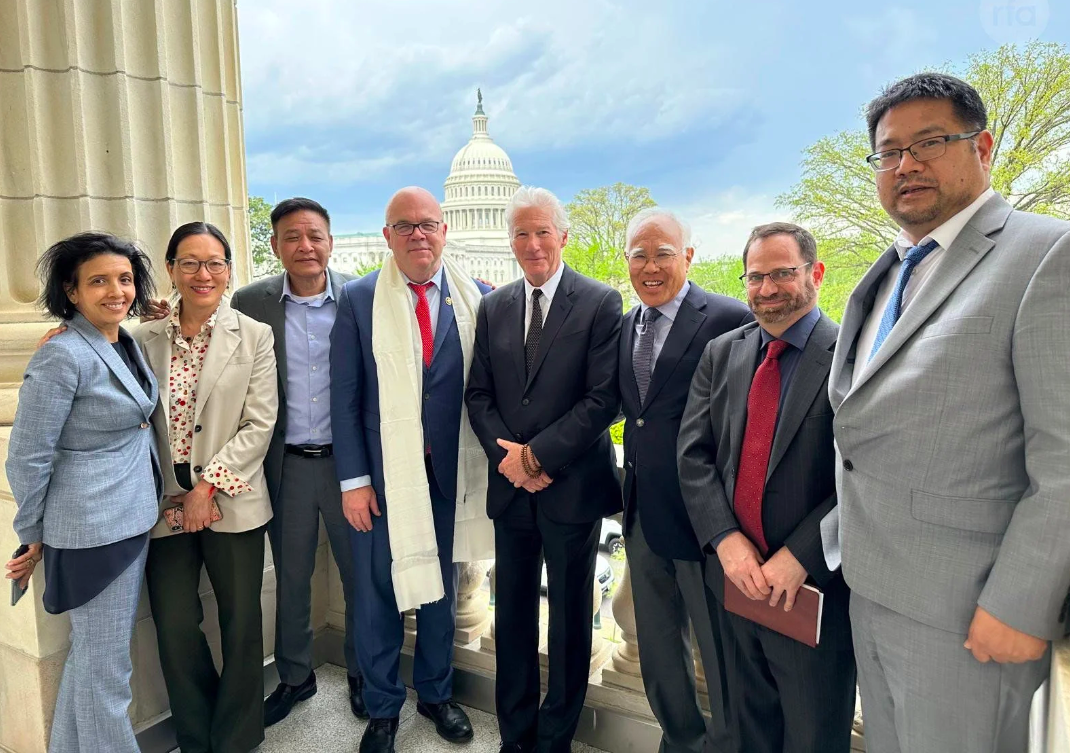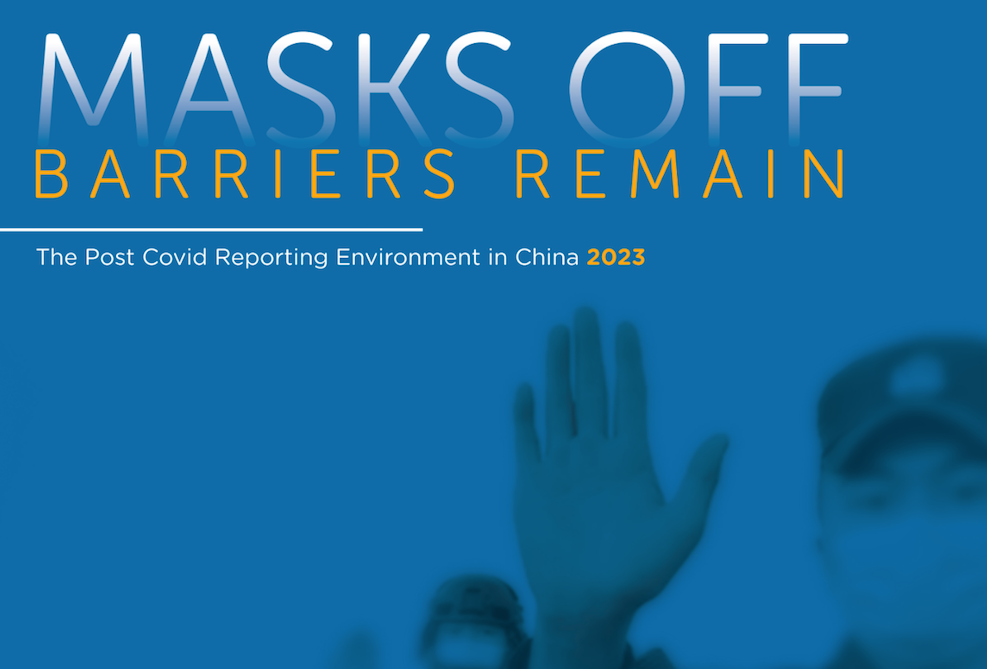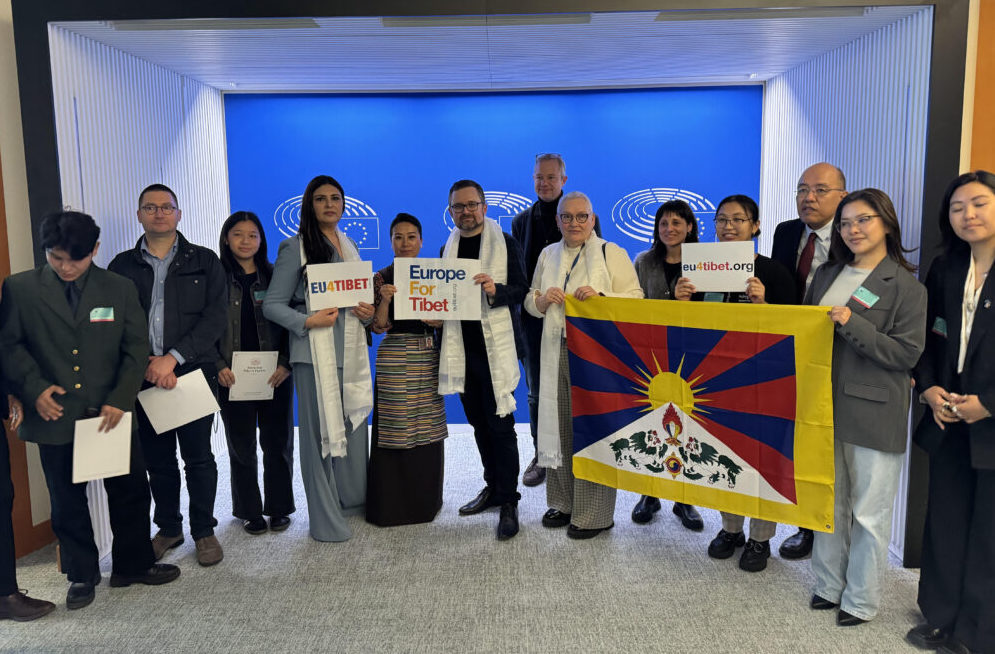By ASHLEY FANTZ
Although Tibetan monks are known for being studious, Geshe Konchog Kyab might not have read the fine print on his visa.
As a result, the Deerfield Beach resident was detained at Miami International Airport over the weekend and put on a plane back to where he’d lived the past three months — in India visiting family, friends and his Buddhist followers.
His story, concerning a minor technical violation of his visa, is a reminder for any foreign national with a temporary visa who is planning to leave and return to the States to understand and follow new homeland security laws.
Kyab, an instructor at Tubten Kunga Buddhist Center in Deerfield, entered the United States in April 2000 on a tourist visa, said his immigration attorney, David Berger.
Students at the Buddhist Center helped their spiritual leader get in touch with Berger last year to change Kyab’s visa status to R1, which means he could temporarily remain in America as a religious leader. The Immigration and Naturalization Service granted that change Feb. 1, 2002. The R1 visa was valid from January 31, 2002, to Oct. 26, 2003, said Berger.
Then things became complicated.
Berger said he sent a letter to the Buddhist Center with the R1 visa enclosed plus the original documention with instructions to take all paperwork plus a passport to a Social Security office, where Kyab could obtain a temporary Social Security number. ”In small print in that letter it said if you depart the United States, you need to apply for a new visa at an American consulate abroad,” Berger said.
Immigration laws changed over the following nine months, making it impossible to re-enter the United States without applying for a new visa — or, in the monk’s case, an R1 visa — in the country that the foreign national is visiting.
”I wrote them [the Buddhist Center] back in February 2002, emphasizing that I should be contacted if he was planning on leaving [for India],” said Berger. The lawyer wasn’t called.
”He returned to the U.S. on his existing tourist visa . . . but didn’t go to the consulate, and with new zero-tolerance laws in place for visa violations, airport officials had no choice but to detain him,” Berger said.
Because international students are prone to making these kinds of mistakes, until about nine months ago airport immigration workers could simply charge the offender $195 for entrance into the United States if the traveler wasn’t deemed a security threat.
”New laws say it has to be a matter of extreme humanitarian need, life or death,” Berger said.
The good news for Kyab is that MIA officials did not cancel his existing tourist visa. This means that when he arrives in India today and requests the right documentation from the American consulate in New Delhi, his visa will show “no prejudice.”
Despite his inconvenience, Kyab has taken the turn of events with the calmness of, well, a monk.
”He’s a man who has devoted his life to peace and he understands that security measures are there to protect us,” said Chuck Ash, director of Tubten Kunga Buddhist Center. “He was handling it better than I would have.”
Ash said he talked to Kyab while the monk was being held. Immigration officials would not allow the students from the Buddhist center who came to the airport to pick up Kyab to see their spiritual leader.
Until Kyab returns from India in the next few weeks, Tubten Kunga Buddhist Center’s 40 or so students will be without a spiritual leader.
”We want him back as soon as we can get him back,” Ash said.
afantz@herald.com









